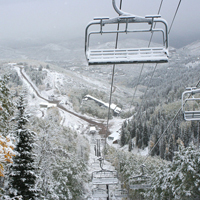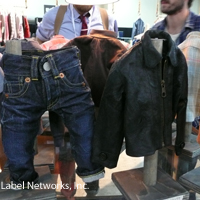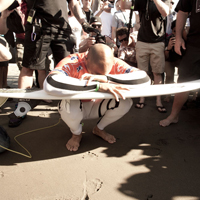|
Urban Lifestyle Profile Report: Skurban, Urban Freeflow, Freestyle Rolling, Fixed Gear: How Urban Culture is Influencing Latest Trends in Sports, Street Fashion, Lifestyles
2008AdelmoJr.AdidasALifeAllenanalysisapparelartistsASR.agendaBastardBellzBKCBrenesBrooklyncapschicCircusClan%u2019sclothingCreamCreativeculturecyclingDaveDCMADeLucadigitalDipsetDirtyDominicEckoeraFashionfittedfixedfreeflowfreestylegearghettoGirlGravelHellzhip-hopiceinlineIversonJasonJay-ZKanyeKeepKidsLabel LabLeelifestylesLRGMAGICMamaMarkmarketMarriedMeetsMishkamusicnewNikeNikitaOuigipackParkourPaulPharrellprofileProjectqualityRaekwonRatRecreationReebokreportRodriquezrollingSBskateskateboardingskatingskurbanSportsSteviestreetStreetwearSupremeTeamTerrythetheMobtoTransworldTrendsUnionupperUrbanurbanwearVansWestwheelsWilliamswomen%u2019sWu-TangyellowYorkyouthZenettiZoo




